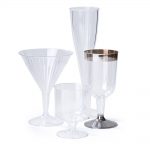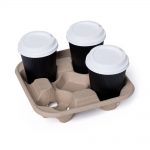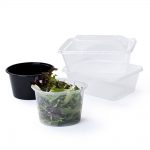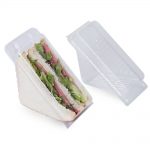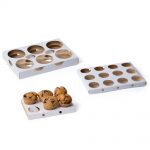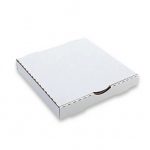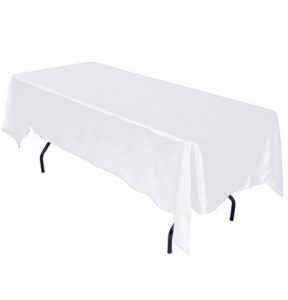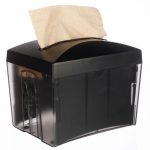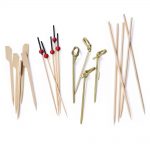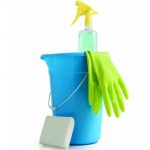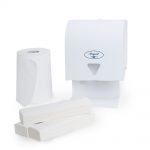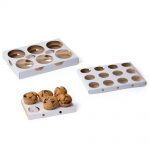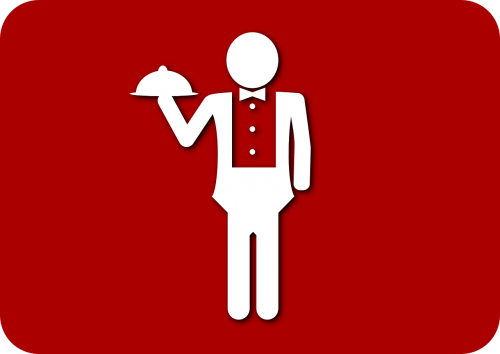Blog Categories
- Tips and Advice (55)
- Sustainability (26)
- Trends and Innovations (25)
- Tutorials and Templates (6)
- Regulations (2)
Sep
06
Posted on September 21, 2016 by Ash Bennett
06
How To Hire & Train Great Hospitality Staff – Part 2
Posted on September 21, 2016 by Ash Bennett
Recruitment is the crucial first step—but once you’ve hired a new staff member, it’s time for the training and development that will make them a valuable member of your team.
What you look for in your team will vary depending on what kind of business you run and what role a staff member will play. Training a café barista is different from training restaurant wait staff, for example. Many training and development tips apply across industries, but our focus here is on the food-and-beverage side of hospitality.
The most important things to cover during initial training are the basics. You can advance to the intricacies of customer service later—first, demonstrate how things work. What is the opening and closing process? Who organises the roster? Who should your staff contact about X, Y, or Z? Where is the spare key? How does the coffee machine work? Should the register be doing that?

Once you’ve covered the basics, it’s time to think about the ways in which your staff will represent your business—and for that, consider three key questions.
1. What Do The Customers Want?
Whether or not the customer is always right is up for debate—but it is important to know what makes your customers happy. Good customer service is crucial—the people who keep you in business will be put off by slow service, rudeness, or over-attentiveness. Regulars are the lifeblood of small-business hospitality, and a friendly, engaged atmosphere will bring customers back to your café or restaurant. So look for staff who’ll not only take orders and make coffees correctly but also build rapport as they do so.
2. What Do You Want?
Start your training with goals, and keep communication going with your team. If you don’t know what you want from your staff, how will they? A clear purpose will guide the way you train your employees, make your new staff feel that they’re in capable hands, and establish what you expect from your team.
Turnover tends to be high in hospitality, particularly when it comes to casual and shift work. However, it’s possible to build a team with longevity in mind. Look for staff you can rely on, staff you can keep, staff with a passion for what you do. These are qualities you’ll discover with time, but look out for them. When you come across reliability, reward it with trust and responsibility; when you come across skills, develop them with experience, advice, and training.
3. What Do The Staff Want?
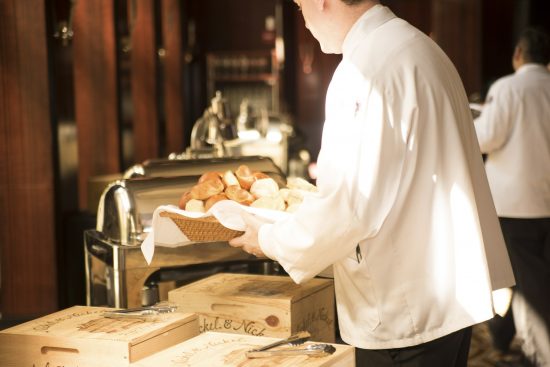
In a training situation, it can be easy to overlook the trainee’s needs and focus on their performance—you’re paying staff to serve your business, after all. However, listening to your staff is important—not only because it will foster better relationships with the people you manage, but also because they can offer valuable insights into the way you run your café or restaurant.
If a barista tells you that the coffee machine is a pain to work with, it may be time to consider a better model—the barista is the one using the machine every day, so they can tell if it’s affecting their productivity. If the staff member on your register is having trouble with your point-of-sale system, the technology may be due for an upgrade—the staff member is the one ringing up sales, so they’ll know early if the system is glitchy. And remember—your staff speak to your customers constantly, so they know them best. To learn what your customers want, ask your staff.
If you trust your team, trust their insights—and if you don’t trust your team, that’s an issue to address with further training or a reevaluation of your staff.

Development Is Ongoing
Remember that a new staff member isn’t going to learn everything in a single day. A strong member of your team is someone who takes the time to learn your business, familiarise themselves with customers and coworkers, and gain experience on the job. Make it clear that your trainee can ask questions—not only will it grow trust, but you also want your staff to listen to the answers you can provide.
Even for the best staff, training is an ongoing process. The key to development is continued progress—there are always new skills to learn, and it’s also important to refresh existing ones. Look for opportunities to teach your staff—and to learn from them—and they’ll carry your business forward.



















